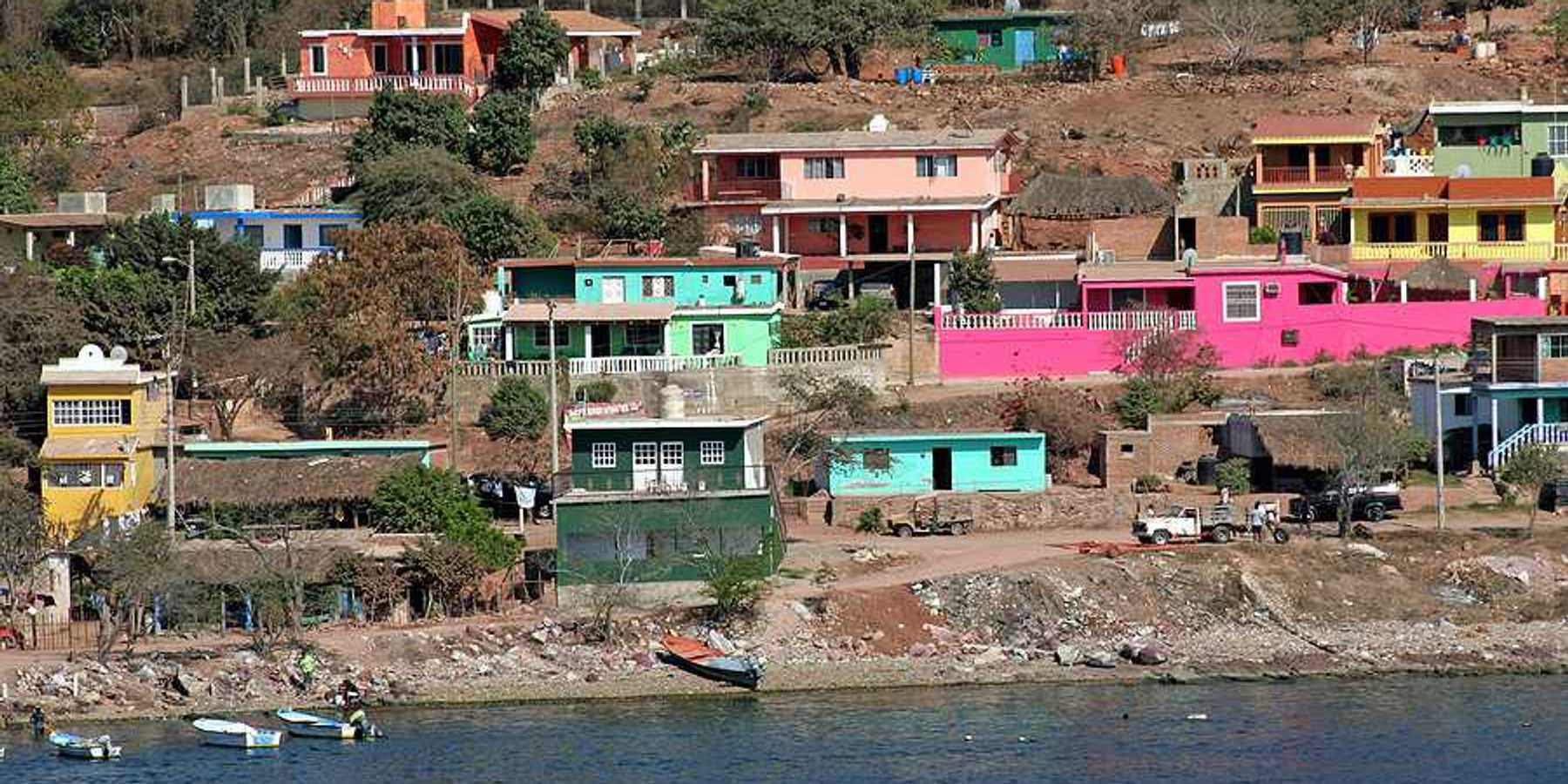petrochemical pollution
Petrochemical company faces hefty fines for 2019 explosions in Texas
A Texas petrochemical company has agreed to pay more than $30 million in fines and penalties for Clean Air Act violations following explosions in 2019 that injured workers and forced mass evacuations.
In short:
- The 2019 explosions at TPC Group's plant in Port Neches, Texas, forced the evacuation of over 50,000 people and released over 11 million pounds of hazardous substances.
- The U.S. Justice Department announced the company will pay $30 million in criminal fines and civil penalties and spend $80 million to enhance safety and risk management.
- The explosions caused more than $130 million in offsite property damage, impacting human health and the environment significantly.
Key quote:
"Today’s guilty plea shows that businesses that choose to place profits over safeguards and legal compliance will face serious consequences."
— Damien M. Diggs, U.S. Attorney for the Eastern District of Texas
Why this matters:
This case highlights the serious health and environmental risks associated with petrochemical plant safety failures and reinforces the importance of regulatory compliance to minimize future incidents. Read more: Texas has more chemical emergencies than any other state and they’re disproportionately affecting Latino communities.
Louisiana's tax breaks for polluting plastics plants raise environmental justice concerns
A recent report highlights the environmental and health impacts of Louisiana's tax-supported plastics plants, particularly on communities of color.
In short:
- The Environmental Integrity Project's report criticizes the $5.6 billion in tax breaks given to Louisiana's chemical companies since 2013, underlining the pollution impact on nearby minority communities.
- Despite industry claims, 84% of plastics plants violated air pollution permits over the past three years, with significant toxic emissions reported.
- The report emphasizes the need for stricter fenceline monitoring and criticizes the lack of enforcement actions against violators.
Key quote:
"In Louisiana, there's an environmental justice component... close to 600,000 people live within three miles of these plants and about two-thirds of them, 66%, are communities of color."
— Alexandra Shaykevich, research manager at EIP
Why this matters:
The report, based on federal and state data, sheds light on the disproportionate impact of industrial pollution on communities of color, emphasizing a need for policy reforms to protect vulnerable populations and ensure equitable health outcomes. As much of the world struggles to loosen the death grip of fossil fuels, into the breach steps petrochemicals.Plastic bag bans have already prevented billions of bags from being used, report finds
Democrats introduce their most detailed strategy yet to tackle plastics
On Wednesday, three Democratic congressional representatives introduced the Break Free From Plastic Pollution Act of 2023, a comprehensive bill aimed at curbing plastic production and ensuring companies bear the financial burden of their pollution.
In short:
- The bill would strengthen protections near petrochemical facilities, sets bold plastic reduction goals, and enforces stricter rules on plastic chemicals.
- It would establish a national policy obligating plastic firms to fund a central body for recycling and production cuts.
- The latest legislation, like earlier iterations, is unlikely to pass, but advocates hope some components might influence state or local policies or become separate federal bills.
Key quote:
"Our bill tackles the plastic pollution crisis head on, addressing the harmful climate and environmental justice impacts of this growing fossil fuel sector and moving our economy away from its overreliance on single-use plastic."
– Rep. Jared Huffman, D-CA
The big picture:
From extraction of fossil fuels to chemicals used in plastic manufacturing to waste materials, plastic pollution threatens human health. Chemicals in plastics can also disrupt hormones and elevate cancer risks.
Learn more: Microplastics can pick up pollution and pose an even greater threat to human health, writes Krystal Vasquez for EHN.
Read the Grist story here.
Plastics in fish a growing threat in Greek seas
The ‘Sisyphus of trash’ struggles to clean relentless waves of plastic from a New York island’s beaches
Michele Klimczak’s passion for cleaning the beaches of Fisher’s Island led to a full-time, year-round job, but she still can’t keep up with the flood of plastic waste.









